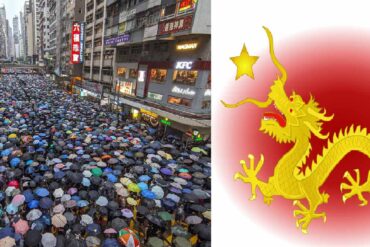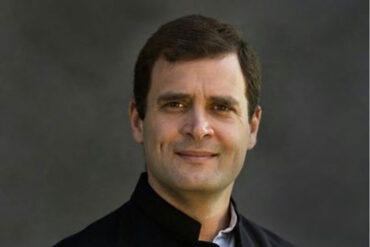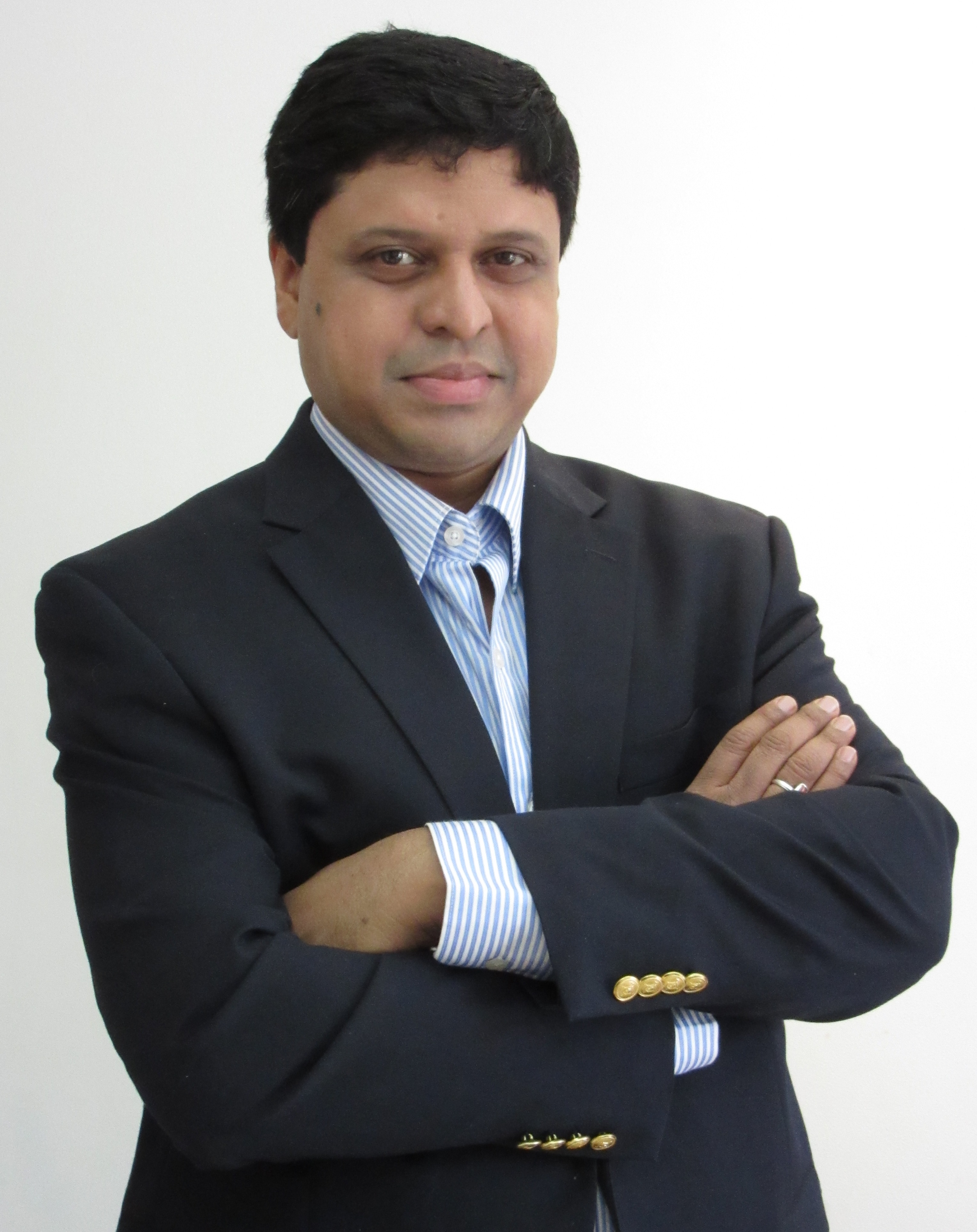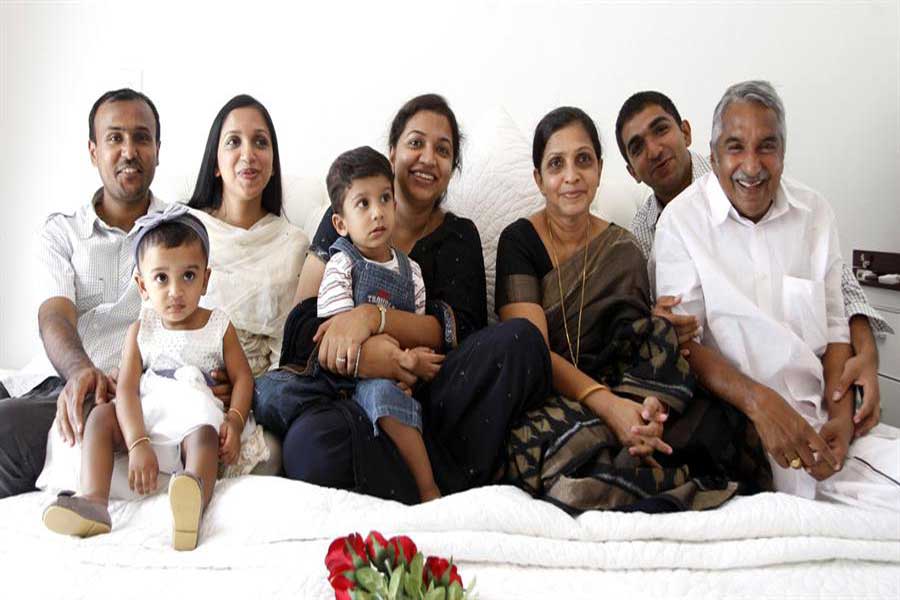Ullekh N.P., apart from being a successful journalist and working with top media houses in the country like India Today, The Economic Times, and DNA for about two decades, is also a well-known political commentator and author. Currently the executive editor at OPEN Magazine, the constant involvement and exposure he has with the current happenings keeps him well-versed with the political scenario in our country. He is a person who digs deep into the finest details of the political framework, which has in turn made him an acclaimed and knowledgeable political commentator.
It is probably this quality of his that persuaded him to write books so he could provide a detailed and real picture of the political machinery in our country. His first book ‘War Room: The People, Tactics and Technology Behind Narendra Modi’s 2014 Win’, covered the 2014 national elections extensively and how a political brand was built in a country as multi-dimensional as India from the badlands of Uttar Pradesh to the Odisha hinterland, from Modi’s hometown Vadnagar to the capital city’s corridors of power.
His latest book ‘The Untold Vajpayee: Politician and Paradox’ was released on 25th December, 2016 on Atal Bihari Vajpayee’s 92nd birthday. The book is a biography of one of India’s most talked-about Prime Ministers and the story of his real political views and behaviour that always kept him in the limelight.
The explanation of the book in his website reads, “Vajpayee, one of India’s shrewdest politicians, is known for negotiating multiple contradictions: from militant nationalism to his secret family life; his stint as a communist; his food indulgence; influence of Gandhi and Nehru; Narendra Modi and Gujarat issues; foreign policies; and his attempt to project himself as a moderate face, if not liberal, among others. Exploring crucial milestones of Vajpayee’s career and his traits as a seasoned politician, the book looks at his relationship with co-leaders of his party and his love-hate association with RSS and its feeder organisations. Thoroughly researched, supported by hard facts and accompanied by inside stories and anecdotes, insightful interviews, and archival photographs, the book opens a window to life and times of a poet politician.”
Ullekh, who is a Malayalee by birth and based in Delhi, wrote to The Kochi Post and shared some of his views about the book and his take on Vajpayee’s political career.
Here is the interview:
‘The Untold Vajpayee’ deals with certain incidents during a crucial period in Indian politics and during the time of independence that shatters the image of Vajpayee as a secular politician. Do you feel that Vajpayee’s attitude has adversely affected India during the emergency period?
Vajpayee went from a hard-line RSS stance in his youth to one that was considered more secular in his later years. In the book, I have talked about the entire spectrum of his political evolution. One cannot say his attitude adversely affected India or any political party; he was after all in the Opposition then.
The book talks about one particular incident in which Ram Bahadur Rai, head of the IGNCA who was then the general secretary of the ABVP, the students’ wing of the BJP, met Vajpayee, who had just returned from a meeting with Om Mehta, one of Indira Gandhi’s trusted ministers. Vajpayee asked Rai to own up responsibility for various acts of arson and looting that were taking place around the country in order to appease Mrs. Gandhi and maybe have the Emergency called off. Rai refused to do so – he said the ABVP had not committed any crime. One must remember that though Vajpayee and Mrs. Gandhi locked horns in Parliament, they were courteous to each another in personal life. Vajpayee had looked up to her father Jawaharlal Nehru, and Vajpayee was one of the few Opposition leaders who was allowed to live in house arrest in his own home during Emergency due to ill health, unlike Advani and others who were imprisoned.
Commenting on your book, Mani Shankar Aiyar says that Vajpayee was perhaps the best Congressmen the party never had. What are your comments on the same?
It is no secret that Vajpayee had a sort of fascination for Jawaharlal Nehru during his younger years as a Parliamentarian. He was influenced not just by Nehru’s politics and policies, but also by his personal bearing, articulation and ability to give even his enemies a fair hearing. Vajpayee was part of the first crop of Parliamentarians who were used to making and listening to lengthy speeches in Parliament, where civility, courtesy and respect were the order of the day, unlike today. Discussions back then were, relatively, held in a civil manner, and all members were expected to listen to both sides of an argument before casting their votes. In such a milieu, Vajpayee developed a broadminded and rather more liberal outlook than the rest of his RSS brethren, who followed a more narrow approach to political ideology. He also made touching, poetic eulogies to his political rivals Nehru and G.B. Pant on their deaths.
When Vajpayee came to power, he took a different approach to dealing with matters of Kashmir and Pakistan than any of his predecessors, favouring a more liberal and compassionate approach. He continued with the peace process with Pakistan despite the neighbour country’s aggressive war-mongering, and placed ‘insaniyat’ (humanity) above all other considerations in the Kashmir dispute. In public, he appeared to denounce the destruction of the Babri Masjid, and years later the Gujarat riots. All these actions gave him the halo of a more secular leader unlike any other in the BJP, and a taller statesman than any the Congress could have come up with. This is perhaps why Mr. Aiyar called him the “best Congressman the party never had”.
What do you feel is the reason behind projecting an image of Vajpayee as a secular leader, which, according to your books, is not right?
Before becoming Prime Minister and even later, Vajpayee was essentially a Bhakt at heart, and often made glowing tributes to past hard-line Hindutva titans such as Savarkar in closed forums. He made a provocative anti-Muslim speech in Assam, which is considered to be the trigger for the Nellie riots in which thousands of people were massacred in the early 1980s. Though he publicly expressed dismay at the demolition of the Babri Masjid, he had made a rousing speech to militant Hindus groups just a day earlier, suggesting that for ‘rituals to be performed, the earth has to be levelled’.
As I have mentioned, Vajpayee developed a more secular stance only in his later years. He realised that the RSS and BJP would need to develop a more inclusive stance if they wanted to win at the national level. His argument won him several enemies within his own organisation but his calibre and popularity as a politician and Parliamentarian ensured that his demands were met more often than not. Though he had opposed nuclear stockpiling during Nehru’s time, he decided to go ahead with the Pokhran tests in 1998 even at tremendous economic risk to India and political risk to the BJP. The book explores how his evolving world view was informed by the demands of the time, and how his adaptability influenced his politics and that of his party.
Vajpayee is still considered as one of the liberal politicians who had tried hard to address the biggest problems of India i.e unrest with Pakistan and also to solve the Kashmir issue. What do you think was his agenda behind this?
Vajpayee genuinely wanted to foster better ties between India and Pakistan, and bring peace to region. He often said, “We can’t choose our neighbours”.
The book, as well as the conversation with Ullekh provides a clear picture of the image Atal Bihari Vajpayee as a politician had projected of himself. Writing a well-researched book is the best way to make the readers properly understand the leader and the politics he exercised.








